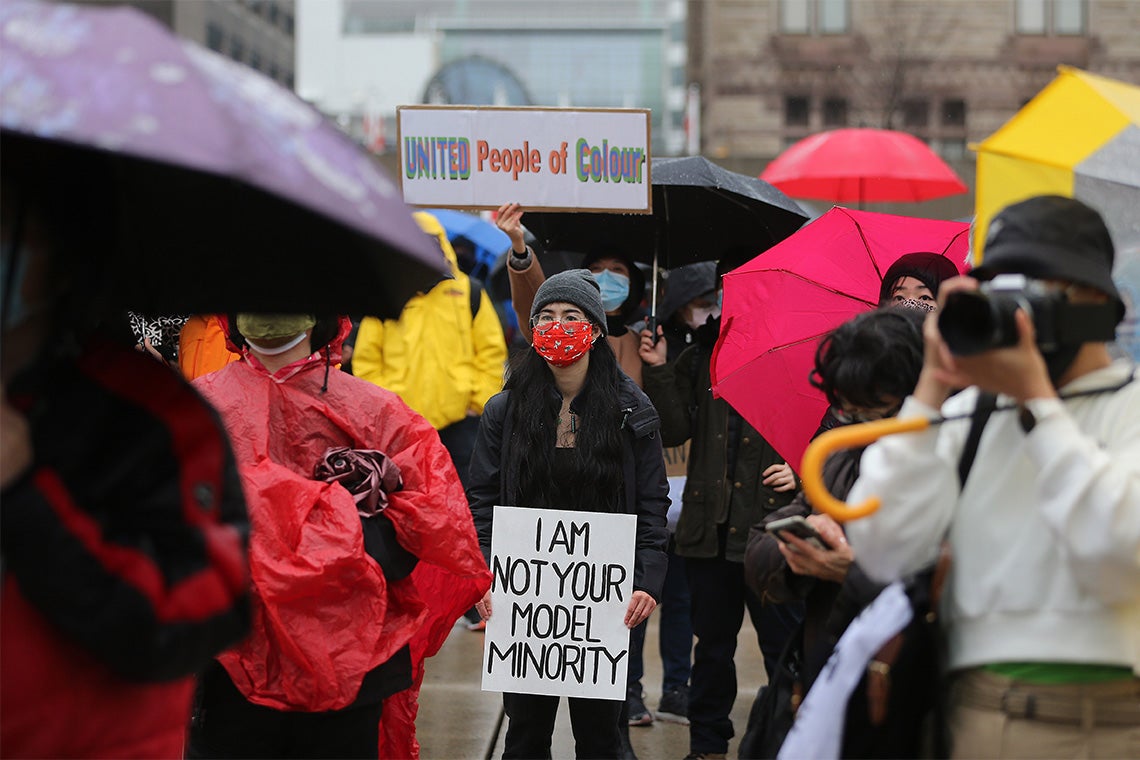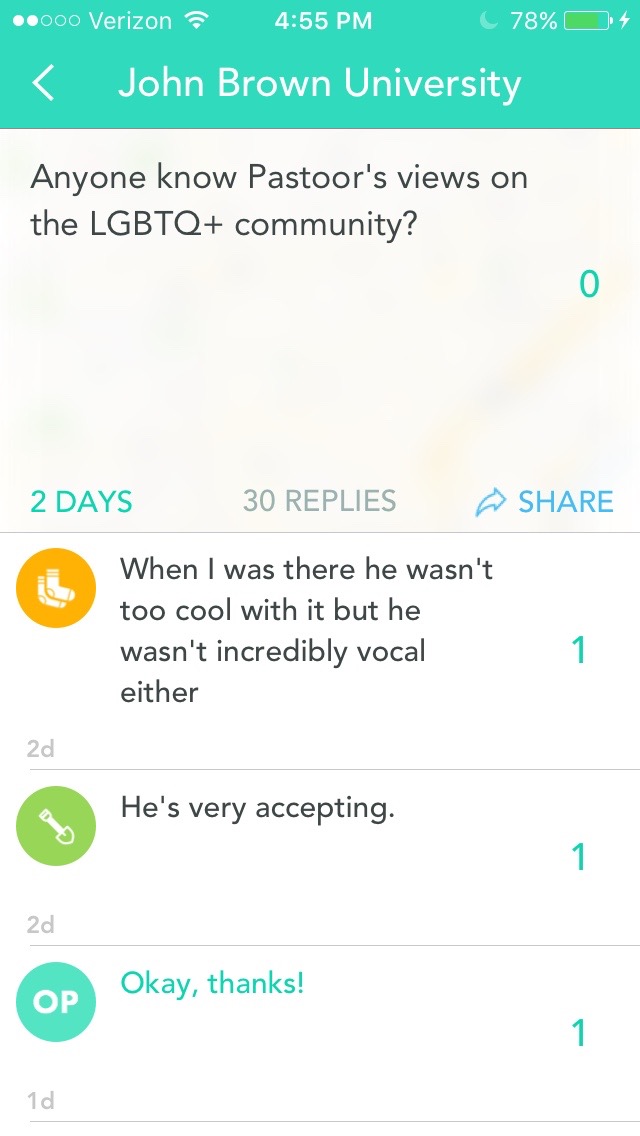Cultural Incompetency: Racist Yik Yak posts target Asian students on UI campus
4.9 (611) · $ 21.50 · In stock
Masked by pseudonyms and anonymity, social media is often viewed as an attractive way to express one’s feelings candidly. But the same technology that allows users to share ideas and constructively engage with others too often devolves into a toxic, often hurtful environment. As social apps like Yik Yak, which allow users to anonymously share their opinions about anything and everything with those nearby, continue to gain popularity at the University of Iowa, many Asian-identifying students have found themselves the subject of racist and xenophobic messages.

PDF) New Directions for Computing Education

Yak flak: How should schools respond to students' anonymous speech? - Student Press Law Center

PDF) The Scholar as Human: Research and Teaching for Public Impact

U of T experts work with local Chinese community to investigate upsurge in anti-Asian racism

The Psychology of The Internet, 2nd Edition, PDF, Social Networking Service

Yik Yak, Famous for Cyberbullying and Racism, Makes Comeback No One Asked For
Readability-Resources/cyberDictionary.txt at master · SP2-MC2/Readability-Resources · GitHub

Yik Yak users are protesting the app's makeover after acquisition by Sidechat

Left Out But “In Control”? Culture Variations in Perceived Control When Excluded by a Close Other - Sasha Y. Kimel, Dominik Mischkowski, Yuki Miyagawa, Yu Niiya, 2022

The Futility of 'Banning' Yik Yak on Campus The Foundation for Individual Rights and Expression












